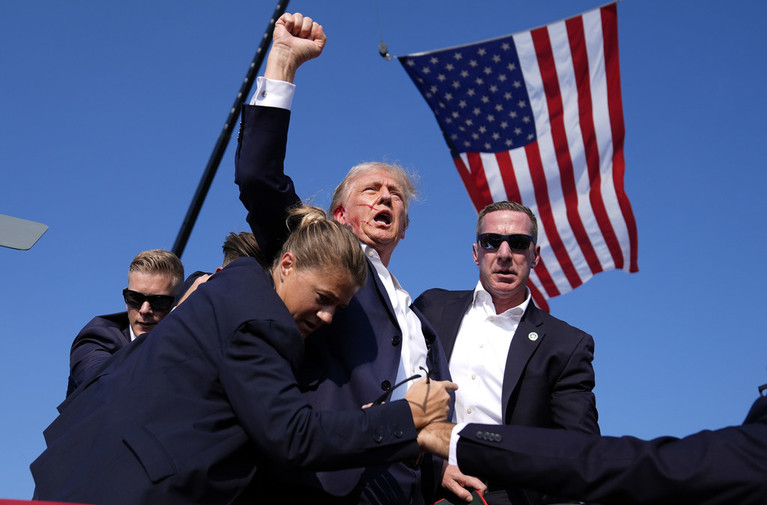On July 23, 2025, a German court acquitted comedian Sebastian Hotz, known as El Hotzo, of charges related to a satirical tweet about the July 2024 assassination attempt on then-U.S. presidential candidate Donald Trump. Hotz had posted on X, comparing the attempt to missing the last bus, stating, “unfortunately just missed,” and followed up with, “I find it absolutely fantastic when fascists die.” These posts, quickly deleted, led to his dismissal from public broadcaster RBB and charges from Berlin’s public prosecutor for condoning a criminal act and disturbing public peace, with a potential three-year prison sentence or a €6,000 fine.
Judge Andrea Wilms ruled that Hotz’s comments were “non-punishable satire” protected under Germany’s free speech laws, stating they were unlikely to incite violence despite being tasteless. The German Journalists’ Association criticized the trial as excessive, arguing for a generous interpretation of satirical freedom. However, the case sparked debate about free speech limits in Germany, where laws balance satire with restrictions on incitement and personal honor. Critics, including Hotz, argued the prosecution reflected political pressure, with some citing the cancellation of The Late Show with Stephen Colbert in the U.S. as part of a broader trend of stifling dissent. Others, like Elon Musk and German politician Wolfgang Kubicki, condemned the remarks or the prosecution, respectively, highlighting tensions over free speech.
While Hotz’s acquittal reinforces legal protections for satire in Germany, the case raises questions about whether such prosecutions chill free expression, particularly when targeting high-profile figures like Trump. The swift backlash, including Hotz’s job loss and Musk’s public criticism, suggests that political and social pressures may still threaten satirical speech, even if courts ultimately uphold it.
